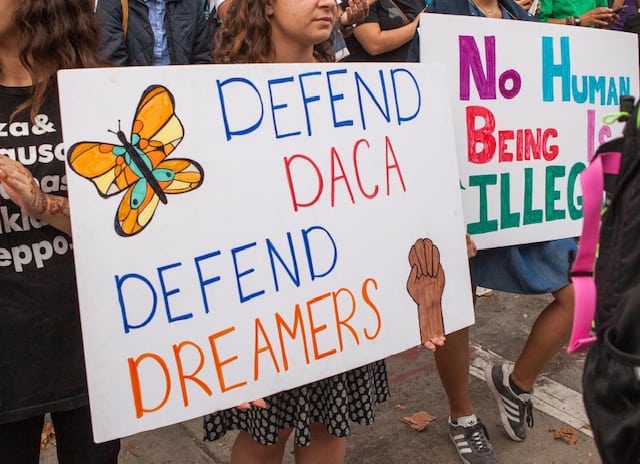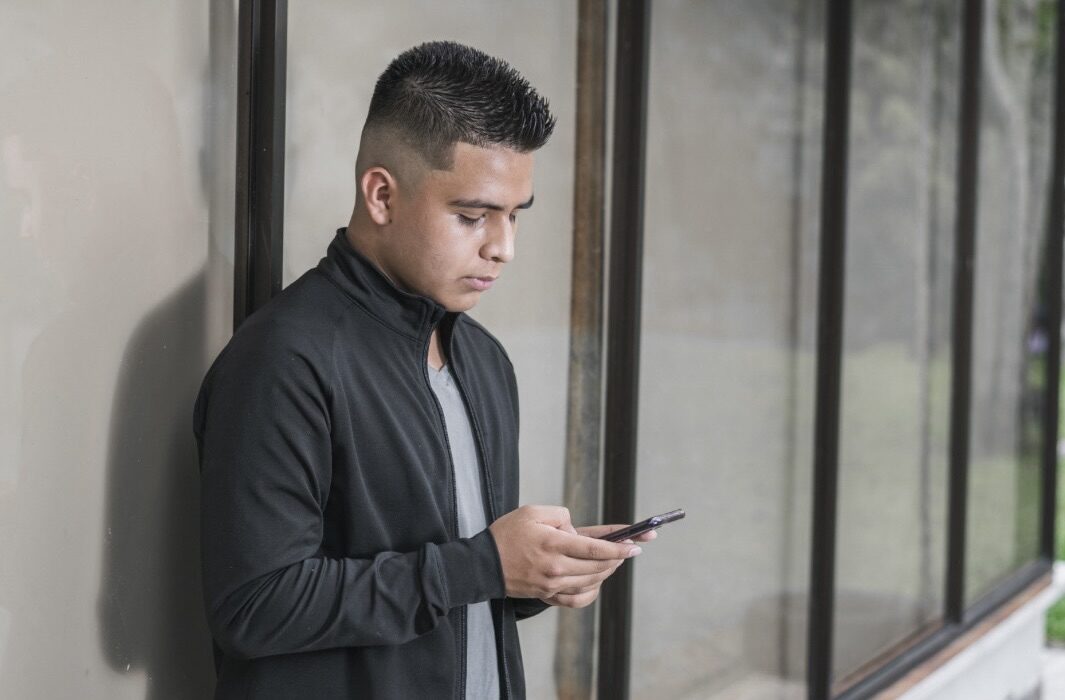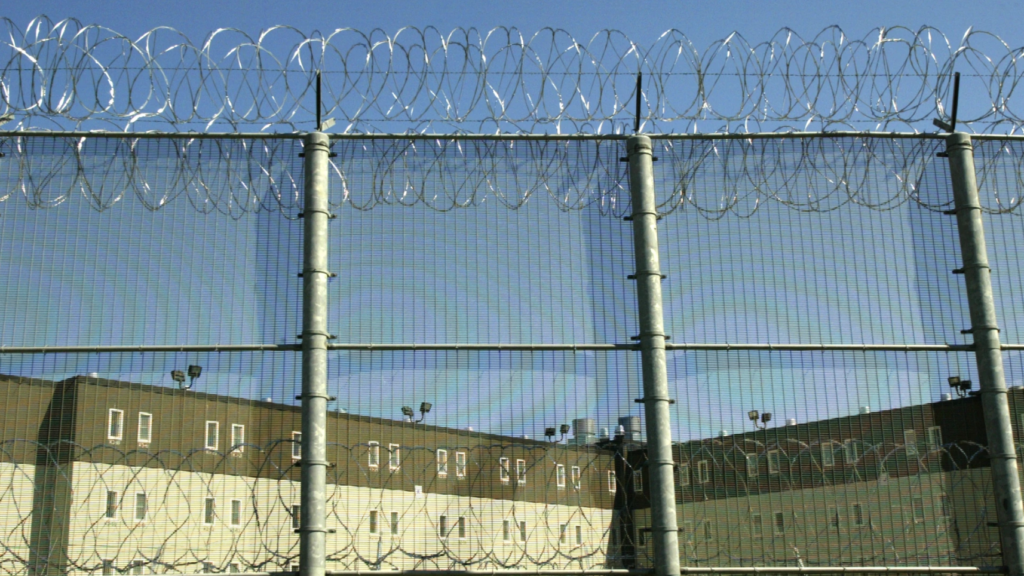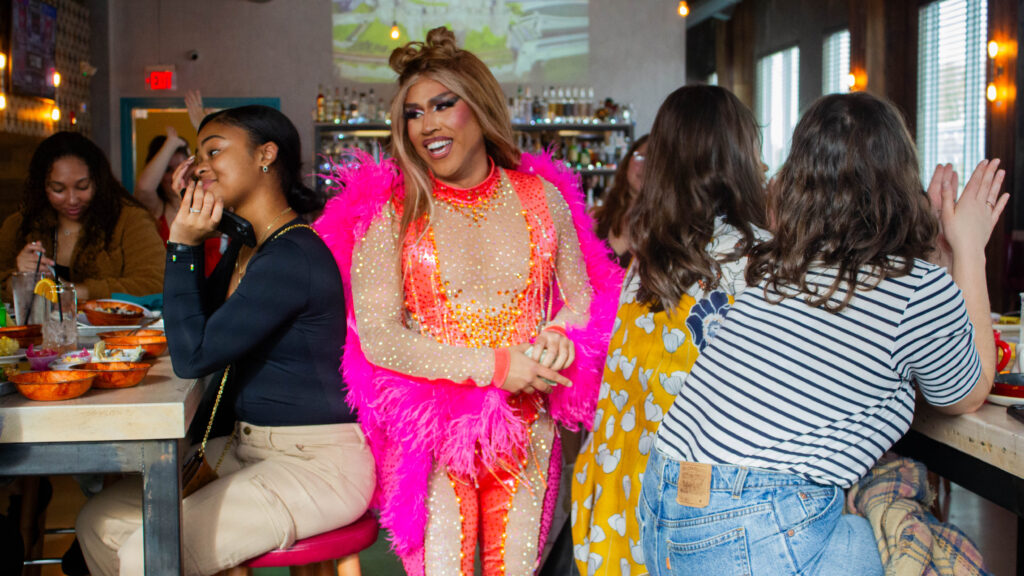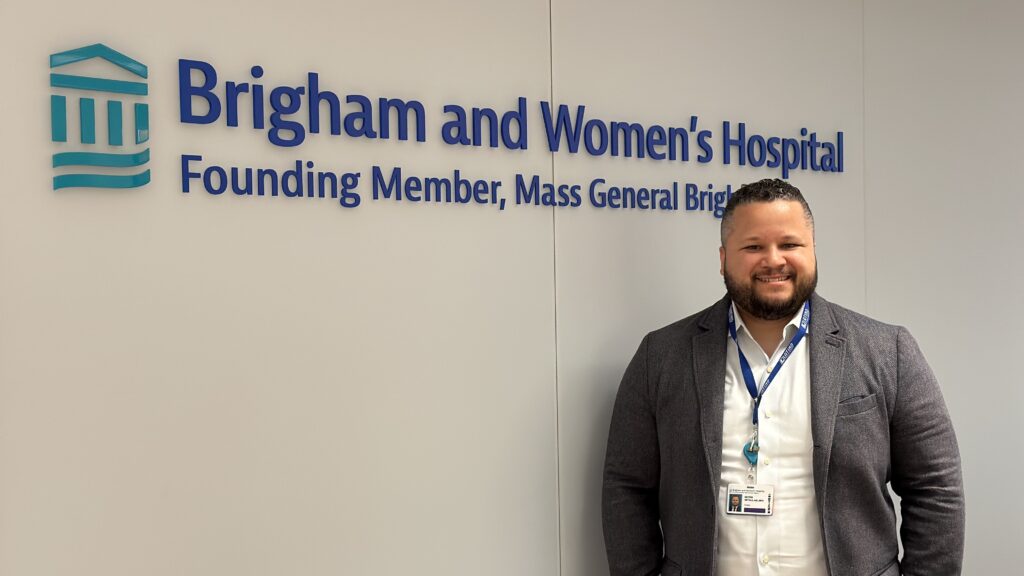“Oh my goodness, I don’t know what comes next,” said Estefany Pineda, a student at the University of Massachusetts, Boston about the U.S. Supreme Court ruling Thursday that the Deferred Action for Childhood Arrivals Program (DACA) cannot be shut down.
“I came to the United States when I was 9 years old,” she explained to WBUR. “I was able to get DACA in 2016, so I’ve had it ever since and then just waiting to see what happens today.” Pineda is originally from El Salvador.
The U.S. Supreme Court blocked key Trump campaign issue on immigration, blocking the administration’s 2017 decision to end DACA, created under President Barack Obama. The Supreme Court cited a failure by the Department of Homeland Security to give an adequate justification for the termination.
In Massachusetts, about 8,000 people have received DACA status, a small share of the total unauthorized population. According to Boston Indicators, In Massachusetts, approximately 19,000 of the state’s 210,000 unauthorized immigrants are DACA-eligible.
President Donald Trump‘s immediate reaction to the legal defeat was a tweet. “Horrible & politically charged decisions” calling them “shotgun blasts into the face of people that are proud to call themselves Republicans or Conservatives.”
President Obama looked back to eight years ago when he first announced the program; adding a call to action to elect Vice President Joe Biden and Democrats to Congress this fall to ensure protections for DREAMers.
The original author of the DREAM Act, Senator. Dick Durbin, D-Ill., celebrated the decision. In describing who DACA recipients are, of roughly 700,000, Durbin said 200,000 are essential workers and 40,000 of them are health care workers helping fight the novel coronavirus, reported ABC News.
Massachusetts’ lawmakers were also quick to react to the news the Trump Administration’s attempt to do away with protections for young immigrants was blocked.
Senator Elizabeth Warren also welcomed the news in a tweet, “I’m happy the Supreme Court upheld DACA to protect Dreamers from the crisis Trump created.”
Representative Bill Keating (MA 9th District) celebrated the ruling and said the Trump administration’s efforts to dismantle the program were “cruel and misguided.”
“Dreamers are a valuable part of our society,” Keating said in a statement. “They are first responders, healthcare professionals, teachers – they are our friends and neighbors.”
Publisher’s Notes: The young people impacted by DACA and the Development, Relief and Education for Alien Minors (DREAM) Act are often referred to as “Dreamers.”
Who are DACA recipients?
As many as 1.3 million people were immediately eligible, according to the Migration Policy Institute. Of those, about 800,000 have enrolled. Another 400,000 would be eligible if they met the education requirement. About 230,000 more are younger than the minimum age of 15 but would become eligible if they get a high-school diploma or equivalent. The vast majority are from Mexico, with smaller contingents from Guatemala, El Salvador and other countries. Most have no connection to their previous countries. Some didn’t know they were undocumented until they sought driver’s licenses or college aid. Current law makes it difficult for them to obtain legal status unless they leave the country and apply.
